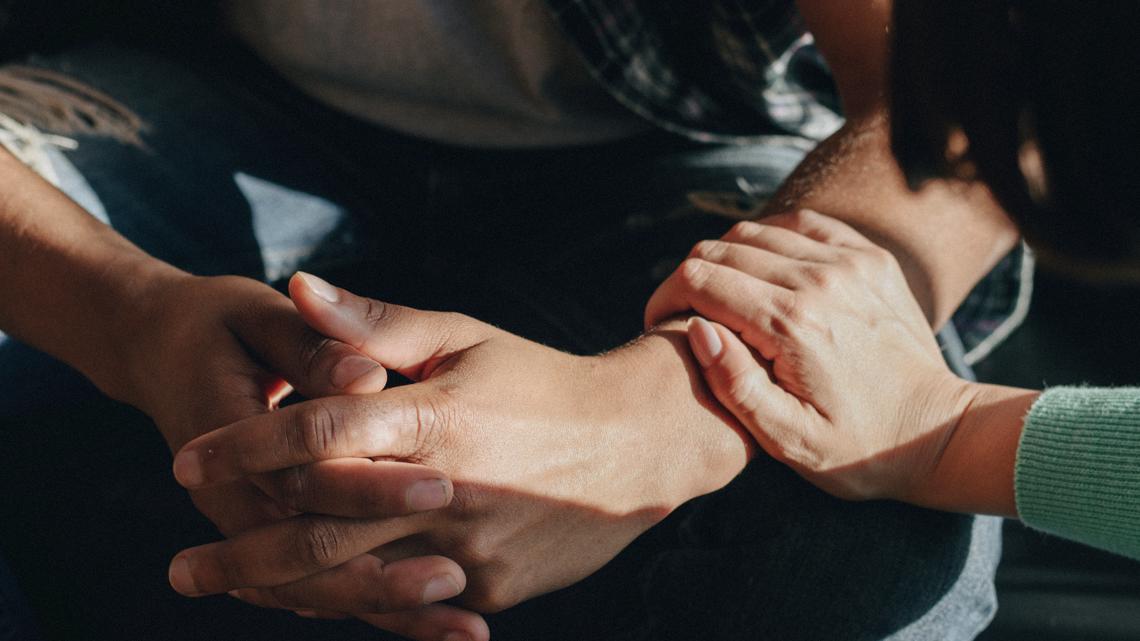
SAN ANTONIO — For those who have been impacted physically by the Hill Country floods, taking care of injuries is a must. But your mental health needs to be top of mind too.
PTSD can be a serious issue when it comes to natural disasters. Not just for someone going through the event, but even for those who are exposed to it and don’t have the ability to look away.
Jessica Fink, a psychotherapist told us, “A person can develop symptoms of PTSD from anything that involves exposure to actual or threatened death, exposure to actual or threatened bodily injury.”
The Mayo Clinic says PTSD is generally grouped into four categories.
First, intrusive memories of a traumatic event forcing you to relive the event or have unsettling dreams. Avoidance where you stay away from places or people that remind you of that event. Negative changes in thinking and mood that cause you to be detached or have excessive fear, guilt or anger. And changes in physical and emotional reactions.
If you don’t have time to get to a doctor to deal with your mental health, try breathing exercises if you feel your anxiety is getting too high. One of those is called a box press.
Catie White, the Chief Development Officer from the Children’s Bereavement Center of South Texas said, “It’s where you inhale for five seconds. Hold for five seconds, release for five seconds, hold for five seconds. And what that does is actually calms down the body to be able to maybe reduce maybe something of that highly emotional state to come down to a state where maybe we can start talking about our feelings”
Teladoc Health is also offering free non-emergency medical care at no cost through the Teladoc Health Natural Disaster Hotline for anyone impacted or displaced by the Hill Country floods. But don’t forget about taking care of your mind too.
Luis Santos, the Director of Social Work for University Health added, “We want to avoid burnout. We want avoid not being able to feel or to think anything we want. Avoid that being present in the moment, letting our emotions run their course.”
Also even more sharply focused on mental health amid this disaster is something BetterHelp is offering under Teladoc Health.
BetterHelp will be activating three months of free therapy support for Texas residents who have been impacted by the floods. Residents can start their free therapy by visiting betterhelp.com/voucher and entering the code texas-flooding-support.
Here are several links to help you find a provider if you are looking for help with your mental health:
Someone could also go to Psychology Today and search by their location and specialty in trauma and PTSD by clicking here: https://www.psychologytoday.com/us/therapists
